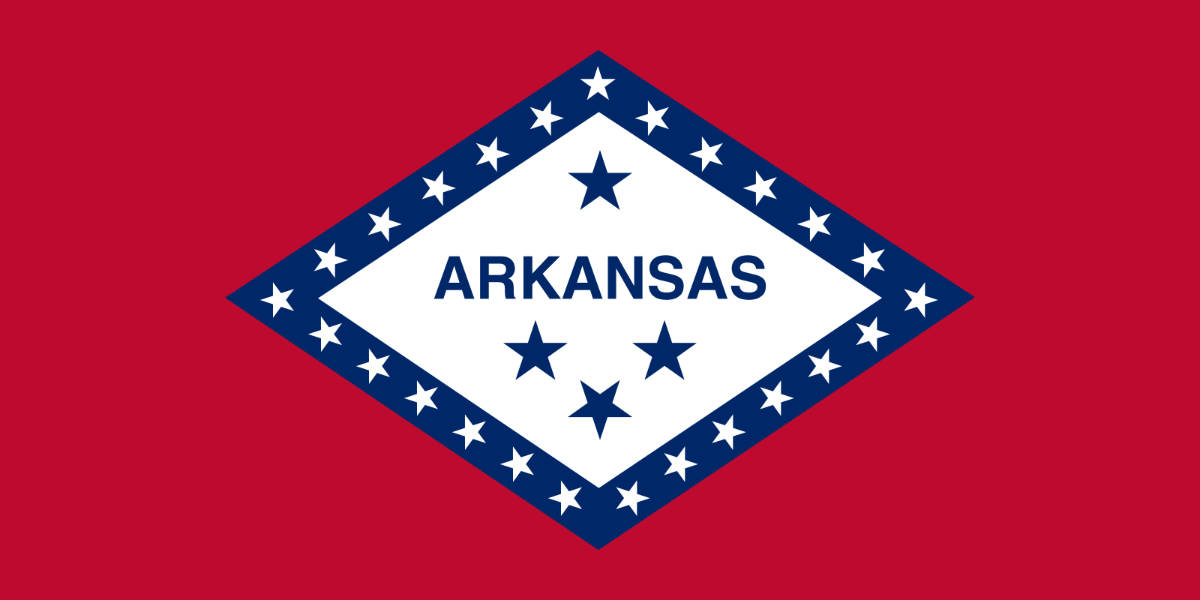Key actions and positions posted on the intersection of disability and education, jobs, immigration, climate crisis, criminal justice and more
by Philip Kahn-Pauli
Little Rock, AR, Oct. 5 – In the run up to the 2020 election in Arkansas, the nonpartisan disability rights nonprofit RespectAbility has released its latest Arkansas State Voter Guide. According to the 2019 Annual Disability Statistics Compendium, the total number of Arkansans with disabilities is 523,554, making up 17.7 percent of the total state population.
2018 employment data shows that there are 275,710 working-age people with disabilities living in Arkansas. In the economic expansion prior to the COVID-19 pandemic, 86,243 of those Arkansans had a job and the Bear State had a disability employment rate of 31.3 percent.
The nonpartisan disability group RespectAbility has asked Democratic and Republican candidates for President, Governor and the U.S. Senate the same seven key questions about issues affecting people with disabilities, including employment, education, criminal justice and accessibility. RespectAbility has sent multiple emails and placed many phone calls to the campaigns in order to solicit responses to the questionnaire. Below you can read responses from candidates on the ballot in Arkansas who have already taken the time to address the concerns of voters with disabilities.
President

Donald Trump (R)
Has not yet completed questionnaire
“The disability community is unique,” added Philip Kahn-Pauli, associate editor of The RespectAbility Report. “It is the only minority group that anyone can join at any time due to illness, injury, or aging. What that means is that there are people with disabilities in every state, and that the community’s interests intersect with so many issues, including race, gender, poverty, criminal justice and inequality.”
Getting registered to voter has never been easier. As documented by the National Conference of State Legislatures, 40 states offer online voter registration options. You can learn more about how your state manages voter registration and learn more on NCSL’s website here: https://www.ncsl.org/research/elections-and-campaigns/electronic-or-online-voter-registration.aspx#Table%20of%20states%20w/ovr
According to a Rutgers University study, 14.3 million citizens with disabilities voted in 2018. Those voters will be crucial as candidates vie for the presidency, as well as state-wide and local elections.
RespectAbility is still accepting responses to the candidate questionnaire from campaigns, so if a candidate has not answered the questions, please invite them to do so. We hope that this information will enable you to make informed decisions in this election. You can find full, detailed converge online at https://therespectabilityreport.org.
RespectAbility is a nonprofit, nonpartisan organization that fights stigmas and advances opportunities so that people with disabilities can fully participate in all aspects of their communities. RespectAbility does not rate or endorse candidates. The questionnaire is purely for educational purposes as voters go to the polls. View all 2020 general election state voter guides: https://therespectabilityreport.org/2020/09/22/2020-voter-guide/

